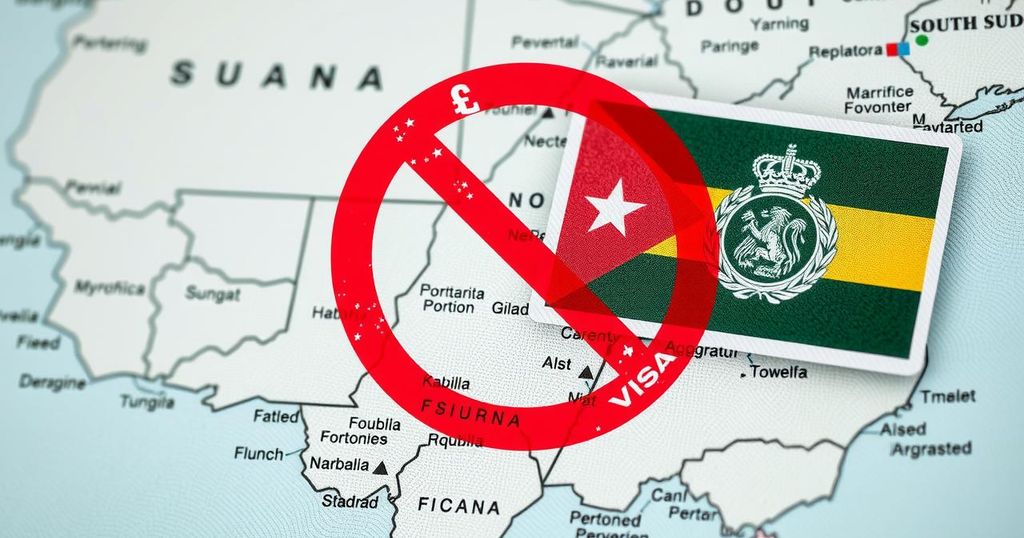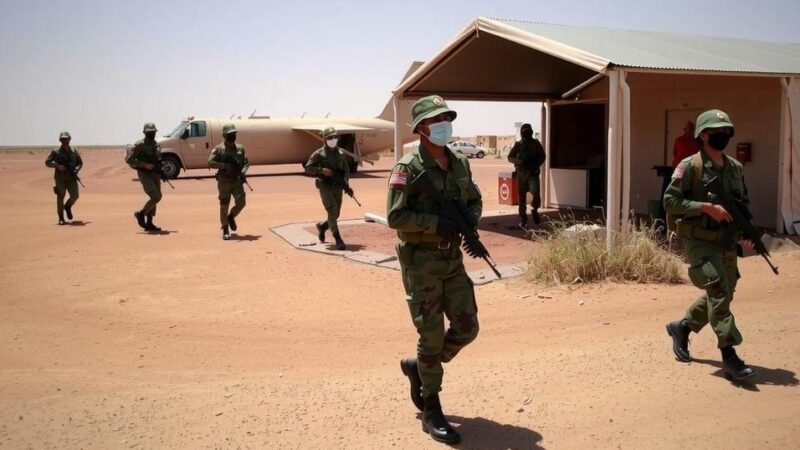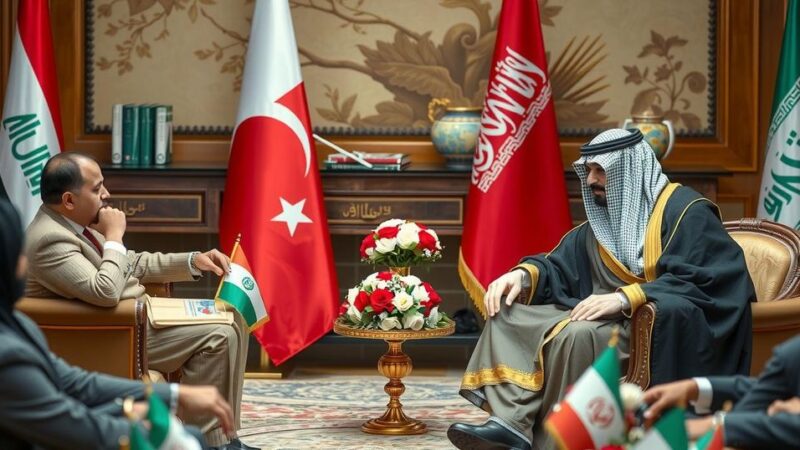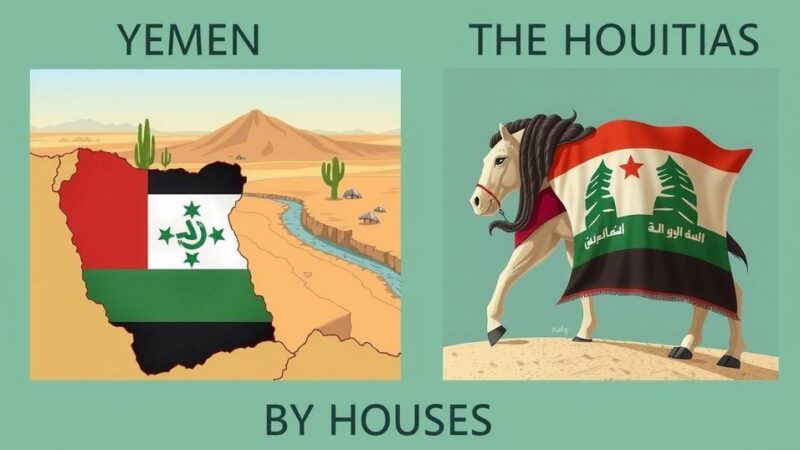The U.S. has imposed visa restrictions on individuals involved in the South Sudan conflict due to the government’s failure to use resources for the people’s benefit and protect human rights. The transitional government has postponed elections until 2026, raising concerns about its commitment to a 2018 peace agreement amid a humanitarian crisis affecting millions.
The United States Department of State has announced the implementation of visa restrictions on individuals implicated in perpetuating the ongoing conflict in South Sudan. This decision is a response to the failure of South Sudanese leaders to utilize the nation’s resources for the populace’s benefit, eradicate public corruption, and safeguard citizens’ human rights. Furthermore, the U.S. expressed discontent over the transitional government’s repeated postponement of the inaugural elections, originally set for December 2024, which are now rescheduled for 2026. These restrictions are a continuation of a 2019 policy targeting those obstructing efforts for sustainable peace in South Sudan, marking the third phase of action under relevant U.S. immigration legislation.
The United States has been closely monitoring the political and humanitarian situation in South Sudan, which continues to experience severe instability and hardship. Following the 2018 peace agreement aimed at ending years of civil war, the transitional government has shown limited progress in fulfilling its commitments, particularly in facilitating effective humanitarian aid and protecting vulnerable populations. The ongoing conflict, coupled with natural disasters and rampant poverty, has placed millions in dire need of humanitarian assistance, prompting international concern and responsibility by foreign governments, primarily the U.S.
In summary, the U.S. visa restrictions serve as a measure to hold accountable those responsible for the ongoing conflict and inadequate humanitarian responses in South Sudan. The failure to meet democratic commitments, such as the delayed elections and the lack of accountability for human rights violations, underscores the need for renewed international engagement to foster lasting peace and stability in the region.
Original Source: sudantribune.com







